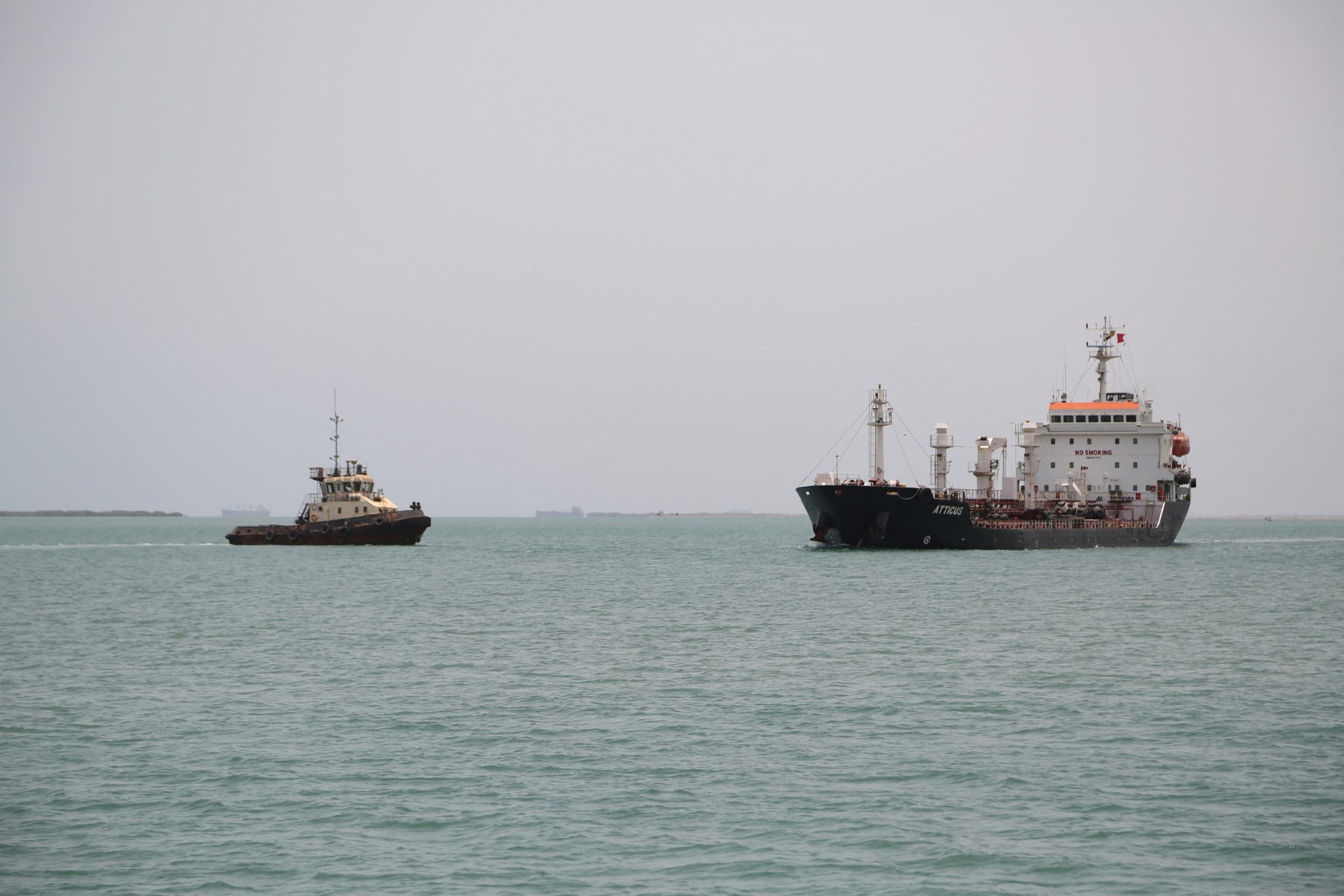
United States has announced a 10-nation
coalition to quell Houthi missile and drone attacks on ships transiting the Red
Sea, with Britain, France, Bahrain and Italy among countries joining the "Multinational security initiative,
amidst moves by leading container shipping companies like Maersk and Hapag
Lloyd announcing diversion of ships from the Red sea route costing the shippers
to Europe a fortune owing to increasing freight charges
"Countries that seek to uphold the
foundational principle of freedom of navigation must come together to tackle
the challenge posed by this non-state actor," US Defense Secretary Lloyd
Austin said in a statement. The security coalition, Austin said, will operate
"with the goal of ensuring freedom of navigation for all countries and
bolstering regional security and prosperity." It includes the United
States, United Kingdom, Bahrain, Canada, France, Italy, Netherlands, Norway,
Seychelles and Spain, Austin said
Iran-backed Houthi rebels have escalated
attacks on tankers, cargo ships and other vessels in the Red Sea, imperiling a
transit route that carries up to 12 percent of global trade. Yemen's
Iran-backed Houthi rebels said earlier they had attacked two
"Israeli-linked" vessels in the Red Sea in solidarity with Gaza, as
more companies halt transit through the troubled but vital waterway.
The attacks on the Norwegian-owned Swan
Atlantic and another ship identified by the Houthis as the MSC Clara are the
latest in a flurry of maritime incidents that are disrupting global trade in an
attempt to pressure Israel over its war against Hamas militants. In a
statement, the Yemeni rebels said they had carried out a "military
operation against two ships linked to the Zionist entity" using naval
drones. They vowed to "continue to prevent all ships heading to Israeli
ports... from navigating in the Arab and Red Seas" until more food and
medicine is allowed into Gaza.
The Red Sea attacks have forced insurance
companies to significantly increase premiums on ships, making it uneconomical
for some to transit through the Suez Canal. Italian-Swiss giant Mediterranean
Shipping Company, France's CMA CGM, Germany's Hapag-Lloyd, Belgium's Euronav
and Denmark's A.P Moller-Maersk -- the latter accounting for 15 percent of
global container freight -- have all stopped using the Red Sea until further
notice. TorbjornSoltvedt of analysis firm Verisk Maplecroft told AFP.
Rebel
spokesman Mohammed Abdul Salam said neutral Oman had launched mediation efforts
to safeguard shipping using the waterway